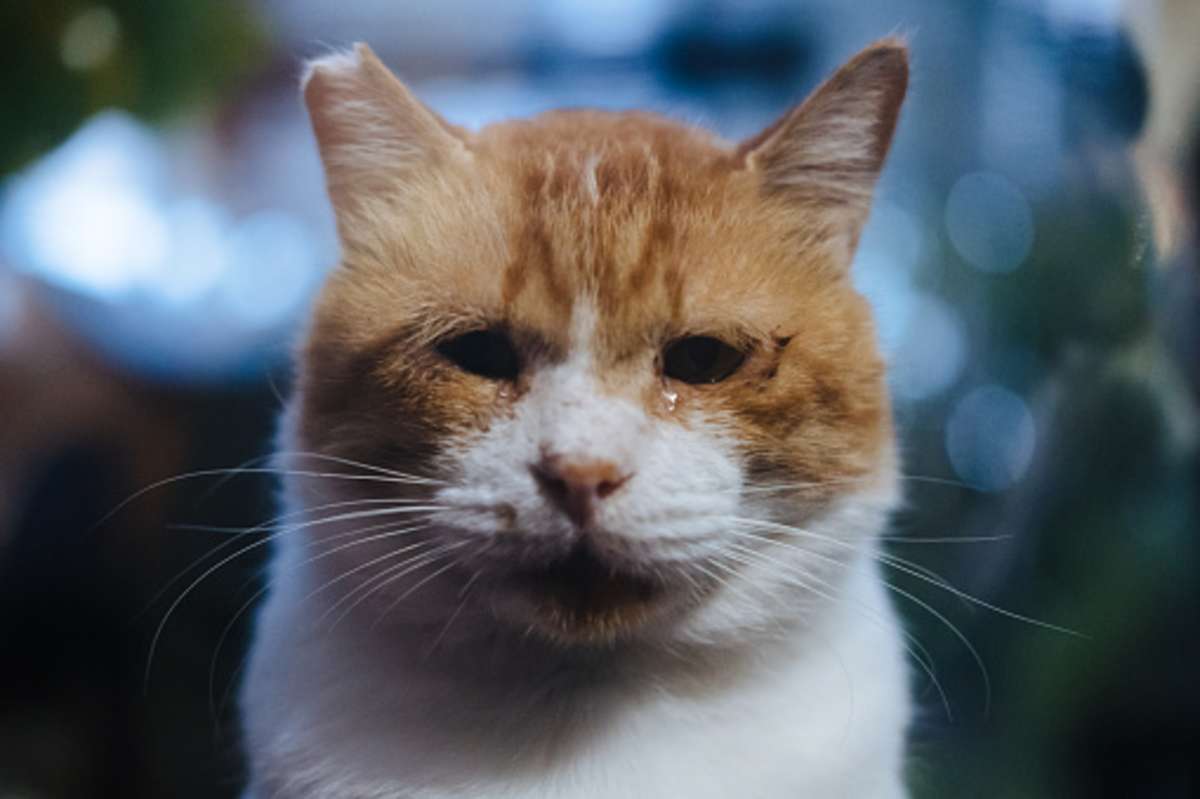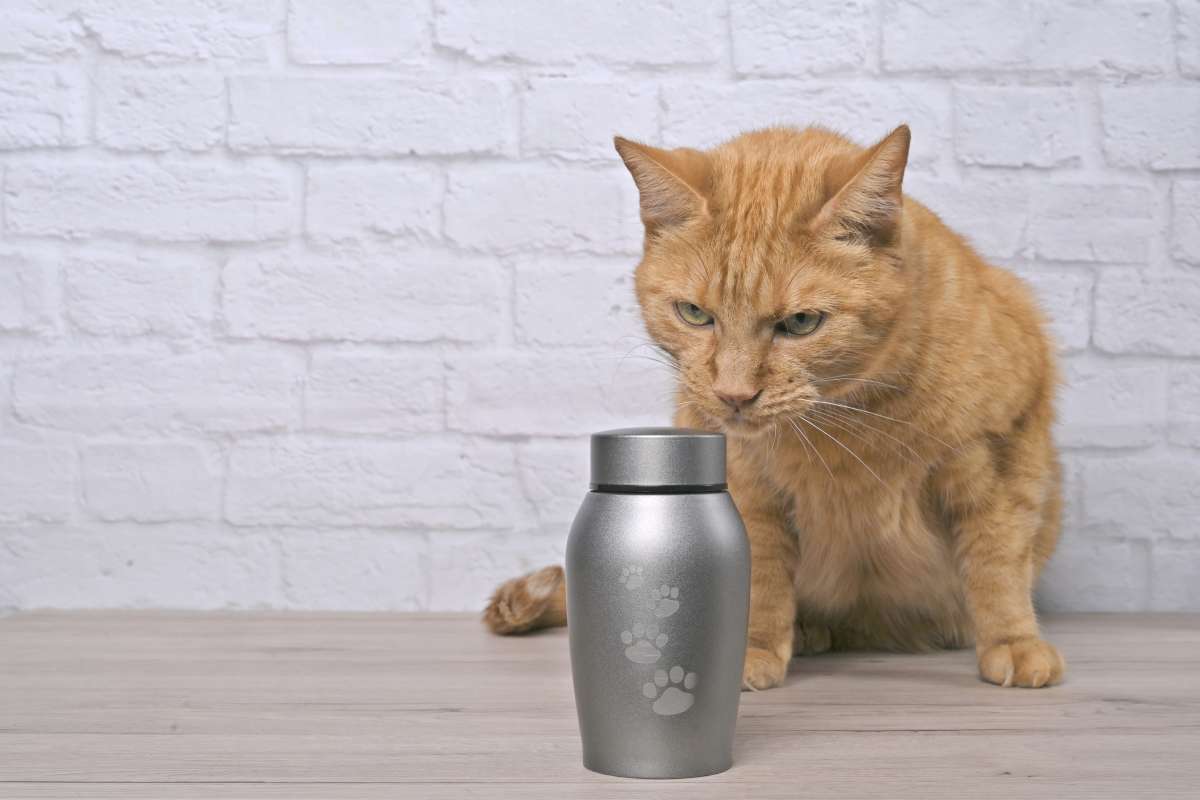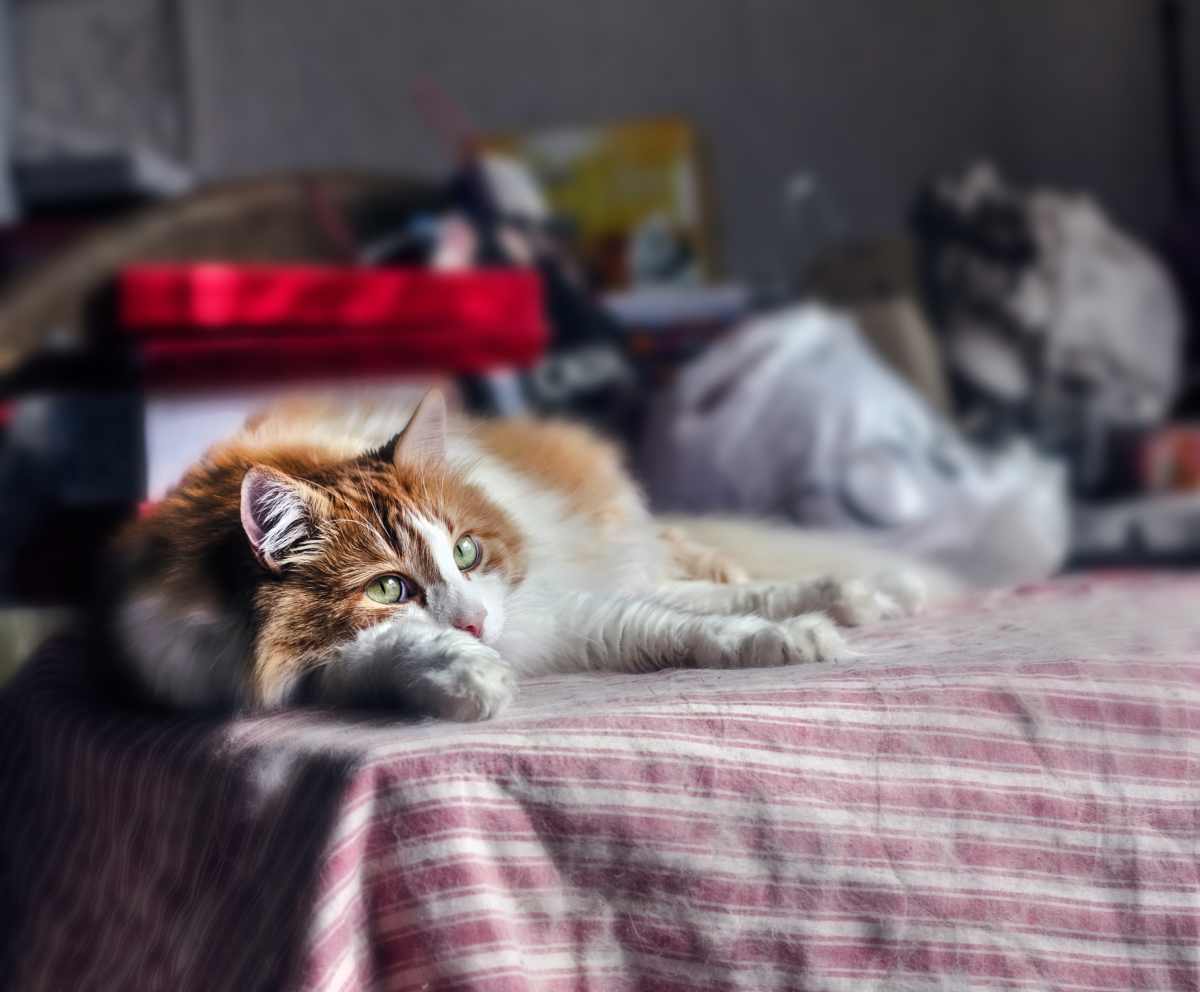Study suggests cats mourn the loss of fellow pets in a way that strikes a chord with any human

There’s a widespread misconception that cats are antisocial and prefer solitude over interaction. While many pet owners may agree with this, a scientific study has proved otherwise. Despite their seemingly aloof nature, researchers have found that cats demonstrate grieving behaviors and mourn the loss of fellow pets in the same household. Data collected from several accounts of cat owners reporting changed behaviors in their feline companions following the loss of a sibling pet dog or another cat led to this conclusion, as per the study published in the journal Applied Animal Behaviour Science. However, there are certain factors involved, and the mourning may vary depending on the time spent together.

A team of researchers from Oakland University surveyed over 450 cat owners who had another pet in their home that had died recently. They were asked to report any changes in their pet cat’s behavior. Moreover, a grieving behavior was not only limited to the death of fellow cats, but also family dogs. Two-thirds of the cases reported a deceased cat, while the rest involved dogs. “They [cats] engaged less in sleeping, eating, and playing but more in seeking attention from humans and other pets, hiding, spending time alone, and appearing to look for their lost companions,” the researchers wrote. A few heartbroken cats made yowling noises, went off their food, and even abandoned their favorite games, per the report.

As a result, the myth around cats’ antisocial behavior was challenged with signs of bereavement. This indicates the possibility of them experiencing the pain of loss. Jennifer Vonk, a comparative/cognitive psychologist at Oakland University, who also serves as a co-author of the study, believes the world has been “mischaracterizing” cats as they tend to band together to form complex hierarchies in the wild, rather than leading a solitary life. Whereas, in the case of pet cats, the longer they lived with a fellow pet, the more profound effect their passing had on the cat left behind.
“Time that companion animals spent together engaged in daily activities predicted greater grief-like behaviours and fearfulness, while more positive relationships between the surviving and deceased animals predicted decreases in sleeping, eating, and playing,” the study added. However, their behavior remained unaffected by witnessing the death or the number of pets at home. The findings, although reassuring, had some limitations. Since they were based on answers from owners with deceased pets, it is possible that the humans were projecting their grief onto their pet cats. People who experienced greater grief were “likely” to report increased behavioral changes in their surviving cats.

Regardless, it would be incorrect to assume that mourning is limited to the human species. According to BBC Earth, both animals and humans behave in a variety of ways when mourning and may seem illogical to their survival instincts. Dolphins and whales display complex social and intellectual traits and will attend to a dead member of the pod, similar to humans. They tend to drag or carry a corpse across great distances in the ocean. In most primates, like chimpanzees, they carry the dead body of an infant for days and even months.